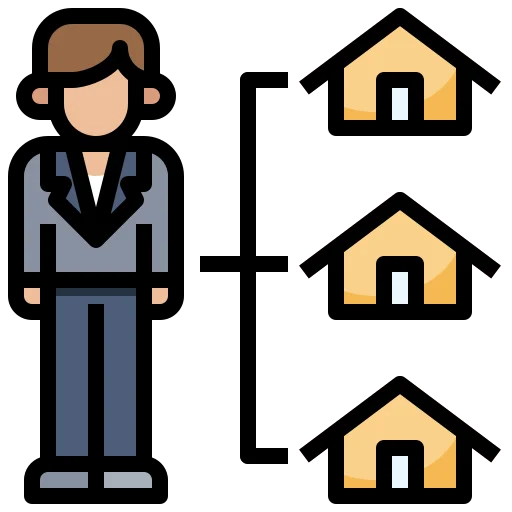Now Reading: Property Buying Budget Planning: How to Plan Your Budget for Buying a House
-
01
Property Buying Budget Planning: How to Plan Your Budget for Buying a House
Property Buying Budget Planning: How to Plan Your Budget for Buying a House

Property buying budget planning is one of the most essential steps in the journey to homeownership. Without a well-structured financial strategy, buyers risk overspending, underestimating hidden costs, or falling short on essential requirements. Creating a practical and realistic budget not only helps in narrowing down housing options but also ensures financial stability after the purchase is complete.
Property buying budget planning begins with a clear understanding of your total income, existing expenses, and available savings. Before diving into property listings, buyers should calculate their net monthly income after taxes and subtract necessary expenses like groceries, utilities, transportation, insurance, and debt repayments. The remaining amount can give a basic idea of how much you can afford for mortgage repayments and other homeownership costs.
The next key step in property buying budget planning is determining how much you can save for a down payment. Most lenders require a down payment ranging from 10% to 25% of the property’s value, depending on the loan type and your creditworthiness. A larger down payment can reduce monthly mortgage costs and lessen the total interest paid over time. Buyers should set a savings goal and create a timeline for reaching it as part of their budget plan.
Another crucial component of property buying budget planning is accounting for closing costs. These include legal fees, registration charges, loan processing fees, stamp duty, and other miscellaneous expenses. On average, closing costs can range from 2% to 6% of the home’s purchase price. Many first-time buyers forget to include these in their initial budget, which can lead to last-minute financial strain.
Property buying budget planning must also consider your borrowing capacity. Before applying for a loan, it’s important to get pre-approved or pre-qualified by a lender. This process helps you understand the maximum loan amount you are eligible for, based on your income, credit score, and debt-to-income ratio. However, buyers should not automatically target the highest loan limit; instead, they should ensure the loan repayments fit comfortably within their monthly budget.
Monthly housing expenses go beyond just loan repayments, and property buying budget planning should reflect this reality. Buyers need to factor in property taxes, homeowner’s insurance, maintenance costs, and utilities. These recurring costs can significantly impact your monthly cash flow and should not be underestimated when preparing your budget.
In many cases, property buying budget planning should also include future financial planning. This involves assessing how stable your income is, potential changes like job relocation or family expansion, and how these might affect your ability to repay a mortgage. A good budget plan is not just about managing the present but also preparing for future uncertainties.
It’s also essential to avoid impulsive decisions based on emotional attachment or peer pressure. Property buying budget planning should be data-driven, focusing on financial facts rather than desires. Buyers should carefully analyze whether a particular property truly fits their budget or if it’s being stretched too thin just to meet aesthetic or social expectations.
A wise strategy in property buying budget planning is to build an emergency fund before committing to a house purchase. Unexpected events like medical emergencies, job loss, or urgent home repairs can arise at any time. An emergency fund covering 3 to 6 months of living expenses adds an extra layer of financial security and ensures that your home loan repayment isn’t jeopardized during unforeseen situations.
If you’re planning to take advantage of home loan benefits or government subsidies, you should factor these into your property buying budget planning process. Research all available schemes such as first-time homebuyer assistance programs, interest rate subsidies, or tax benefits. These can ease the financial burden, but they must be understood in detail to be included in your overall plan accurately.
Another helpful step in property buying budget planning is to simulate different home purchase scenarios using budgeting tools or financial calculators. These tools allow you to assess how different interest rates, loan tenures, or property prices can affect your monthly repayments and total loan cost. Having this visibility can guide better decision-making and prevent future regrets.
Lastly, property buying budget planning should be reviewed and revised periodically. Market conditions, interest rates, and personal finances can change, and your budget must adapt accordingly. Staying updated with market trends, consulting with financial advisors, and revisiting your goals every few months can help keep your plan relevant and reliable.
In conclusion, property buying budget planning is not just a preliminary step but an ongoing process that extends beyond the actual purchase. By carefully analyzing your finances, accounting for all costs, and preparing for future needs, you can make informed decisions and enjoy long-term financial stability. Always remember, the more realistic your budget, the smoother your journey to homeownership will be.
























